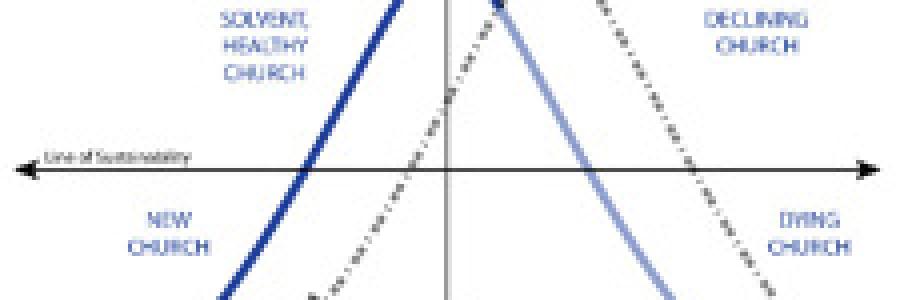The Angel of the Bottomless Pit: Challenging Our Comfortable Worldview, Part 2
Read Part 1.
4. The smoke from the pit darkens an already darkened sun.
When I say “an already darkened sun” I do so because of Revelation 8:12:
Then the fourth angel sounded: And a third of the sun was struck, a third of the moon, and a third of the stars, so that a third of them were darkened. A third of the day did not shine, and likewise the night.
Discussion
The Angel of the Bottomless Pit: Challenging Our Comfortable Worldview
There are some Bible passages that pose peculiar challenges to interpreters. These passages confront us with revelations of weirdness. We are faced with accepting and exploring this weird side of Scripture, or else with smoothing it over, perhaps by not actually dealing with it, but instead just pretending it is obscure, and on that basis, moving on. Episodes that qualify to be on the list of weird passages would include Genesis 6:1-4 and Joshua 10:11-14, but many could be added.
Discussion
A Biblical View of Church Revitalization
by Marshall Fant III
What comes to your mind when you hear the phrase “church revitalization”? Do you think of it as the next popular ministry? Or as a program replacing church planting? Or maybe you think of other “re” words like refocus, realign, rebuild, or renew. Perhaps it is better to ask, Why should we even be interested in church revitalization? Why not just let dying churches die and plant new ones? I propose to you that we should be interested in church revitalization because Jesus is.
Discussion
Theology Thursday - "Selective Literalism" & the Book of Revelation
This is a small excerpt from an article by Gordon Fee, “Preaching Apocolypse? You’ve Got to be Kidding Me!?” in Calvin Theological Journal 41 (2006).
Discussion
A Curator’s Guide — An Exploration into Revelation
Body
Daniel Wallace: Suggested resources for the Book of Revelation.
Discussion
The Book of Revelation is Not Apocalyptic Literature
It may seem odd to suggest that the book entitled Apocalupsis in Greek does not belong to the genre of literature commonly referred to as apocalyptic; nonetheless that is my suggestion here. The term employed in the title of the book denotes a revelation or disclosure.1 While this particular revealing or disclosing describes a broad swathe of eschatological events, it is not its own literary genre.
Apocalyptic as a genre is described as “characteristically pseudonymous; it takes narrative form, employs esoteric language, expresses a pessimistic view of the present, and treats the final events as imminent.”2 Henry Barclay Swete (Cambridge), even while arguing that Revelation is apocalyptic literature, admits that the book differs from that genre in that the book of Revelation (1) is not pseudepigraphic, (2) it engages a specific audience (seven churches), (3) has a significant church focus, rather than a purely Israel nation-centered focus, and (4) includes notes of insight and foresight that are more indicative of inspiration than is found in earlier extra-biblical apocalyptic literature.3





Discussion